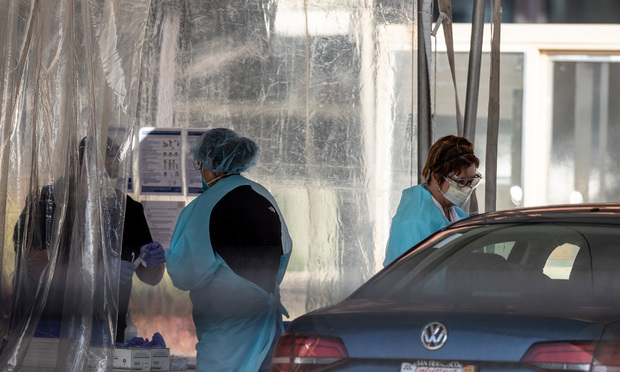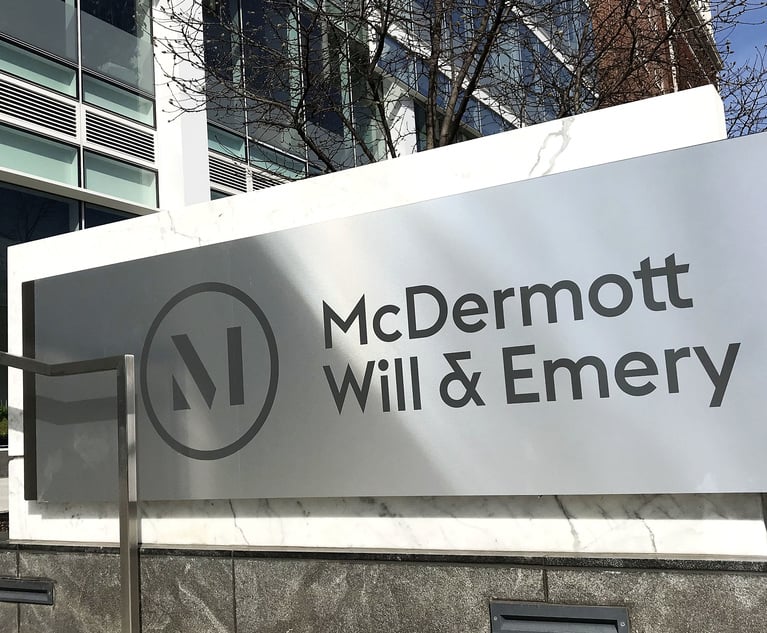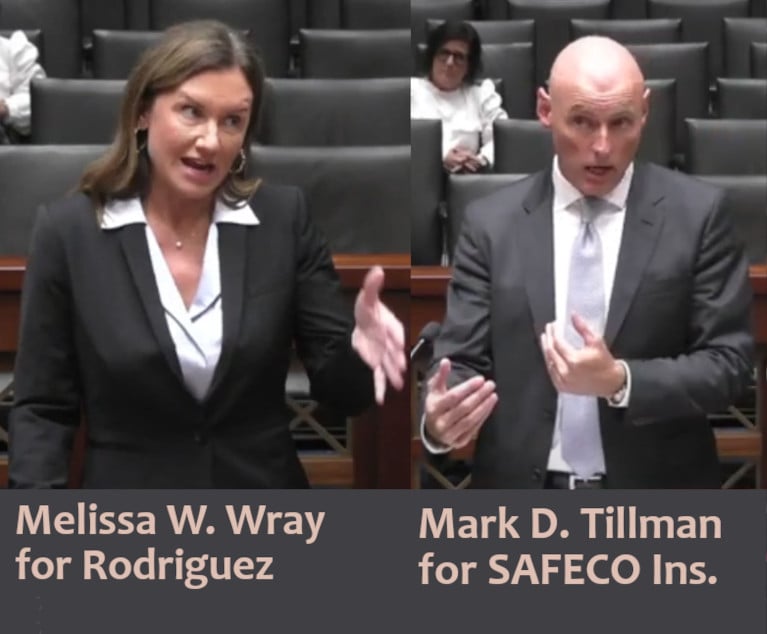The COVID-19 pandemic has shown the rusty parts of public health law and opened the door to mass civil liberties violations, according to a well-known public health law expert.
“The balance between public health and civil liberties—you have seen the COVID pandemic just blow up that whole idea,” said Lawrence “Larry” Gostin, professor at Georgetown University School of Law in Washington, D.C.

 Kaiser Permanente medical staff test a patient for COVID-19 at a newly established drive-through facility in San Francisco. (Photo: Jason Doiy/ALM)
Kaiser Permanente medical staff test a patient for COVID-19 at a newly established drive-through facility in San Francisco. (Photo: Jason Doiy/ALM)








